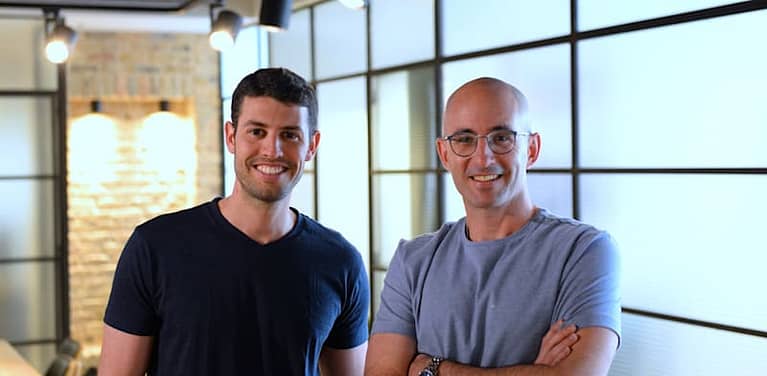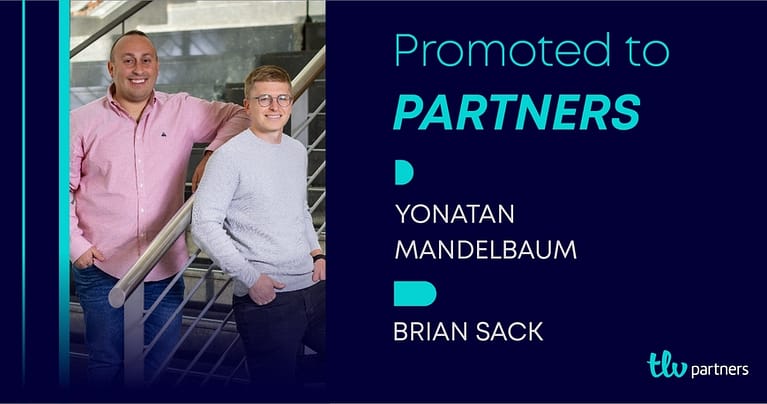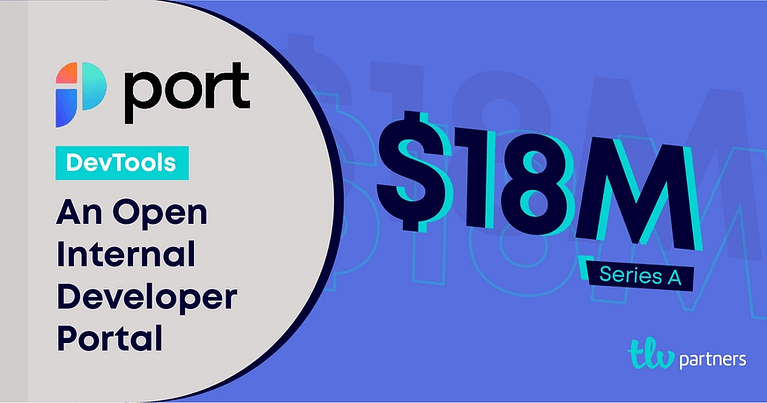We had the privilege of being part of the Run:ai story from the very beginning – leading the company’s seed round and participating in the following rounds alongside S Capital, Insight Venture Partners, Tiger Global and others. We’re thrilled for Omri, Ronen and the entire team and are excited to see the heights that they reach within Nvidia. Here is a brief look back at the history of the company, the story behind our investment and a few takeaways from our time spent with the team.
Taking the plunge
The AI market in early 2018 seemed like a different world. The paper that unveiled the transformer architecture had just been released but deep learning was all the rage. OpenAI was still a research company. Nvidia’s market cap was “only” around $100bn, and Israel’s AI landscape was nascent at best.
But one day in January that year we met Omri Geller and Ronen Dar, two academics with impressive backgrounds in the military and at multinational corporations who were finishing up their respective masters and PhD at Tel Aviv University. They painted a picture for us of what the future of AI would look like.
In their vision of the future, AI was ubiquitous. Everyone on the planet would be interacting with AI daily, and it would be obvious that every company would be leveraging AI in one way or another. The only thing preventing that vision from becoming a reality, according to them, was the lack of efficiency and costs associated with training AI models and running them in production on multiple GPU clusters.
To solve this problem, Omri and Ronen pitched an idea of creating an orchestration layer between AI models and GPUs that would enable a much more efficient use of the underlying compute resources leading to faster training times and significantly reduced costs. Of course, this was all theoretical at the time as they hadn’t yet incorporated a company, let alone a product.
To be completely honest, we didn’t know much about the industry at the time. But there was something special about Omri and Ronen. They had a unique combination of intellect, charm, craziness and humility that created the perfect recipe for the type of founders we’re looking to back. They had strong opinions about the market and the technology needed to take production-grade AI to the next level, but they approached company building with curiosity and openness. We knew we wanted to invest in them then and there.
Of course, we did want to check our instincts and we had invested in Aidoc about six months before meeting the Run:ai team, so naturally we turned to them to see if they faced this issue. Interestingly we also turned to CodiumAI’s Co-founder & CEO Itamar Friedman (long before our investment in Codium), who at the time was at Alibaba. Both conversations concluded that Omri and Ronen knew their stuff, but there were still some serious questions regarding the size of the opportunity and the ability for them to compete long term.
Ultimately, we look for forward-thinking founders who are pushing the boundaries of what’s possible, rather than riding fleeting trends or delivering incremental improvements on existing ideas. Every investment requires a leap of faith, especially at the inception stage.
We decided to lead Run:ai’s seed round and luckily convinced Omri and Ronen that they should work with us. The entire process took about two weeks and then the real journey began.
Bumps on the road – and the moment it all came together
We were fortunate to have Omri and Ronen at our offices along with their first seven employees for almost a year. I always find that spending time together at the beginning builds a unique connection with the founders and the entire TLV Partners team. Having a warm trusting relationship between founders and investors helps when the road gets bumpy.
And indeed, there were some bumps in the road. Early on, Run:ai was a classic case of a solution that’s years ahead of the problem. Few companies were seriously investing in homegrown AI at the time; and with the rise of the public cloud, even fewer were thinking about managing their own infrastructure. Initiatives were few and far between, a handful of companies were experimenting with the hardware, but the majority never got beyond a slide deck.
It would have been easy to try and ‘course correct’. At certain times, people in and around the company were talking about pivoting to managing model training or other areas that seemed more in vogue. But Omri and Ronen withstood these pressures and decided to stick to their guns. A few years later, their bet paid off.
The GPU market started heating up during the pandemic-driven digital transformation frenzy in 2021-2022, as enterprises ramped up investments in technology across the board. But it truly exploded in 2022 with the release of ChatGPT and the rise of large language models (LLMs). These sparked unprecedented interest in AI models. Very soon afterwards, enterprises realized that they would want to train their own models rather than rely on external providers – and that they would need the infrastructure to do so.
Almost overnight, AI initiatives went from sporadic, small-scale experiments to executive-level priorities with substantial budgets behind them. The global shortage of GPUs added to the sense of urgency. Companies began closing large contracts for large GPU fleets, often for several years in advance.
This shift gave Run:ai massive momentum. They were perfectly positioned to meet exploding demand with a mature and market-ready product – and today’s acquisition announcement is a testament to their success.
Takeaways
Market timing: Being early to market requires grit, adaptability and a high tolerance for risk and uncertainty. You need to get the timing just right – and, truth be told, you also need more than a bit of luck, supporting investors and a lot of courage. But the reward is also high: you can lay the foundations and iterate on the technology before the market fully materializes, so that you’re ready to capitalize on the inflection point when it arrives.
Trust your instincts: Knowing when to stay the course is just as important as knowing when to pivot.
Investing at the frontier: Being comfortable with the uncomfortable is a learned skill. We enjoy investing in areas that seem strange to many. This led to our investments in quantum computing, bioinformatics, cloud-native architectures (before it was “cool” to do so) – and in Run:ai’s case, AI infrastructure. We actively pursue untapped markets, breakthrough technologies, and founders who are seeking to build category-defining companies.
I’ve loved working with Omri, Ronen and the entire Run:ai team and the six years we’ve been working together have flown by. Today’s announcement is a testament to the strength of Run:ai’s technology and the strength of its people. Coming at this particular point in time, it is also an important moment for the broader Israeli tech community. I couldn’t be prouder of them and can’t wait to continue to witness their journey.
If you’re working on something big and aren’t afraid to challenge the status quo – we’d love to hear from you.




